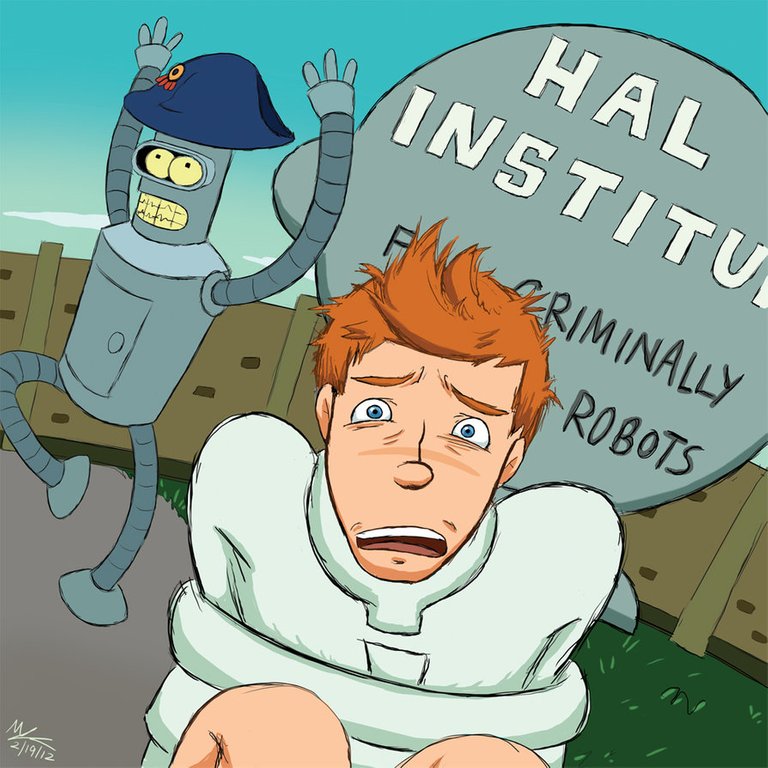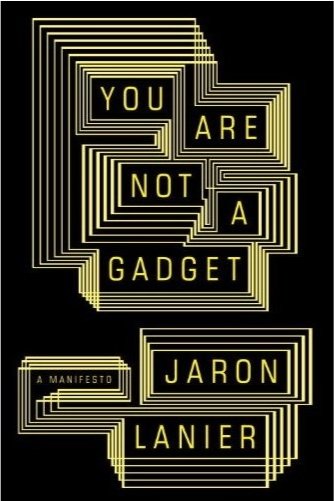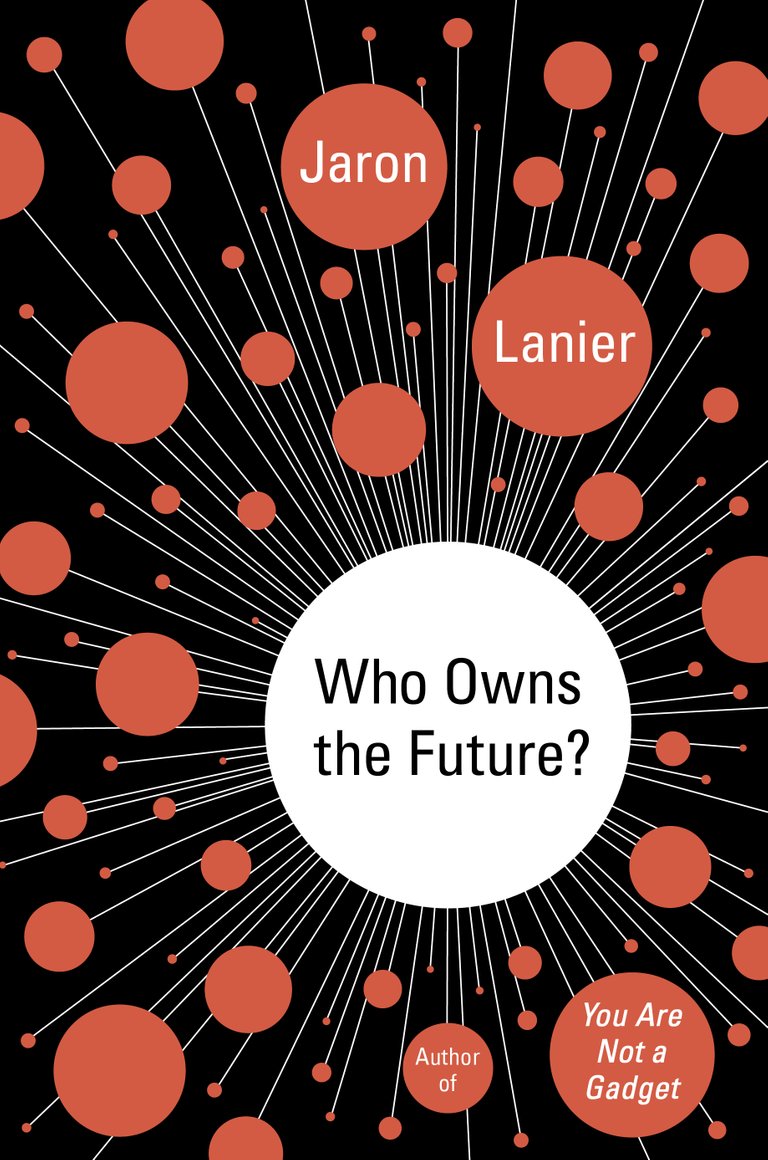The future of technology is a tricky thing to predict. The forms it will take and the impact those forms will have on society are matters of serious and complex discussion. It is a field that begs for thoughtful examination by the very people who make the technology, people live at the forefront of the field. Individuals who not only have knowledge and vision, but also possess a nuanced understanding of the greater world as well as the sensitivity of saints. But who could possibly take on such a vast and difficult responsibility?

Enter Jaron Zepel Lanier, a self-made man, pioneer int he field of Virtual Reality, and possibly the greatest technology philosopher of our age. He also seems like a genuinely nice man, which, you know…bonus!

Like any philosopher worth listening to, Lanier is an interesting man. He built a canoe and a sailed from Florida to Venezuela when he was 16. He was a midwife’s assistant for a time. He helped design a geodesic dome house with his father. Good at math, Lanier quickly found his way into computer programming, which eventually led him to Atari in the early 1980’s, were he met Thomas Zimmerman, the inventor of the data glove.

Lanier then grew a virtual reality company that was then sold to Sun Microsystems in 1999, which made Lanier indecently wealthy, which then allowed him the free time to think deeply about the shape of the future. And think deeply he did, which is why I’m writing about him.
In essays going back as early as 1992, Lanier, no Luddite fearful of technology, began predicting a dire future where blind technological development was molded and distorted by vulgar and shortsighted business models. Lanier feared that ambition, confusion, and basic laziness would create a world that rewarded turning human beings into bottom-line products. The tech would be turned on the very people it was intended to help. Sound familiar? These fears didn’t even originate with Lanier, but were first voiced as early as 1908. That’s right: 1–9–0–8.

Read it. It’s amazing.
Lanier is a sane man with a wonderful heart, and he sure ain’t no fool. He is an adamant critic of Transhumanists such as Ray Kurzweil, saying that the vision of ultra-intelligent machines that we are then able to transplant our minds into is a terrible one. Also unlikely, but mainly just terrible. A common mistake in thinking about artificial intelligence and human beings, according to Lanier, is the idea that the human brain is similar to a computer. That, he says, is misguided and shockingly simplistic. It also misses a very real point: as computers grow ever more powerful, it is becoming increasingly apparent that there are things they genuinely suck at doing. Those things also happen to be the very things human beings do the most easily. So putting your human mind inside a computer would be a nightmare, akin to developing acute autism after living a full and healthy life. Doesn’t sound fun, does it? Be careful what you wish for, Kurzweil!

More topically, Lanier is also a vocal proponent of shutting down all of your social media accounts. The business model for companies like Facebook, Twitter, and Google is inherently flawed, he says, making the user the product and incentivizing a crude but devious manipulation of both perception and emotion. The algorithms these companies use favor instigating anger and annoyance as a means to engage us, because those emotions are more immediate and easier to track than positive ones. This creates a self-sustaining feedback loop of assholes and lies weaponized into a hyper-addcitve reward system. Ugh… They, in short, are fucking us all up in serious ways and they simply don’t need to exist in their current forms.

I’m over-simplifying the man’s ideas to an embarrassing degree, so I recommend seeking out his books and lectures, all of which can be found on Amazon and Youtube, respectively. Jaron Lanier knows what he is talking about, and whether or not you wind up agreeing with him, he is undoubtedly worth listening to, and a vital thinker about the greatest issues of today and tomorrow.

This post fascinates me. I just get lost into it.
I am scared to death of the f___book! In my humble opinion, the world would be a better place if technology stopped with MySpace and the pager!

Great things are not accomplished by those who yield to trends and fads and popular opinion @writesbackwards ..